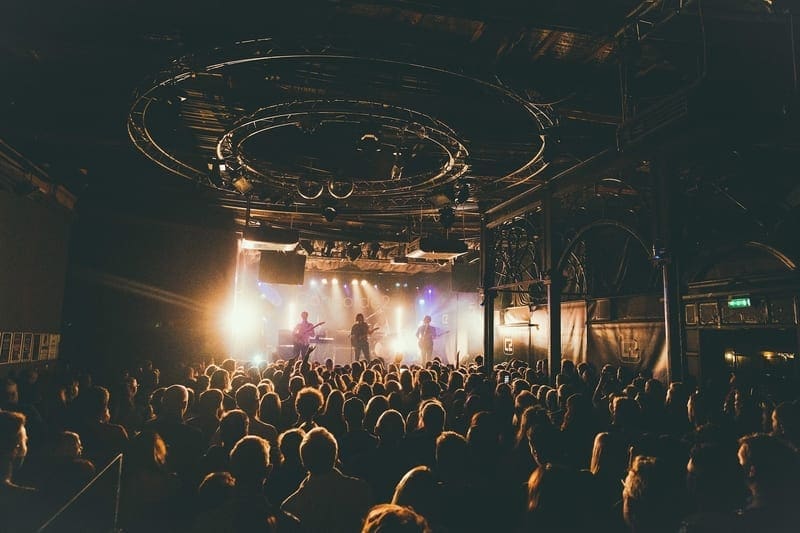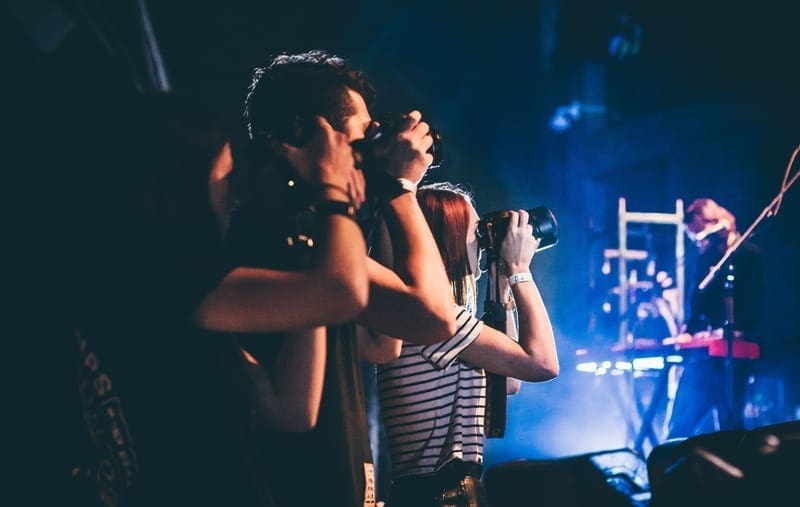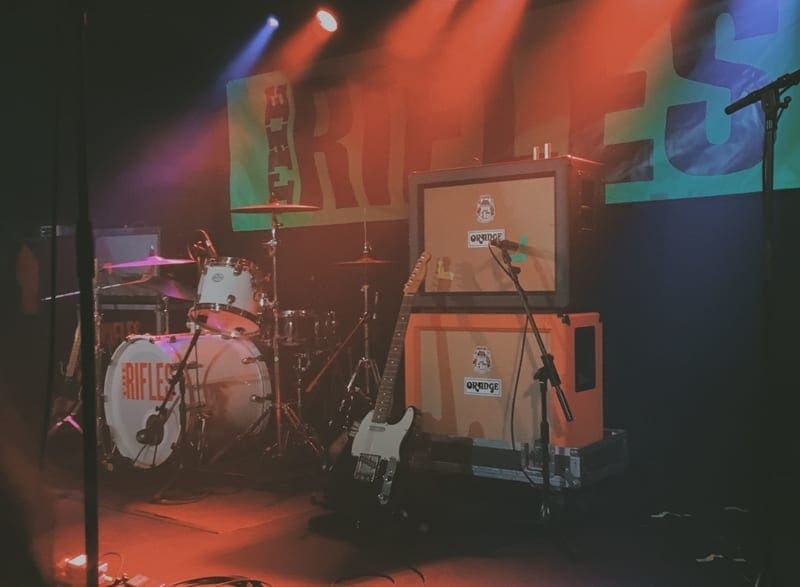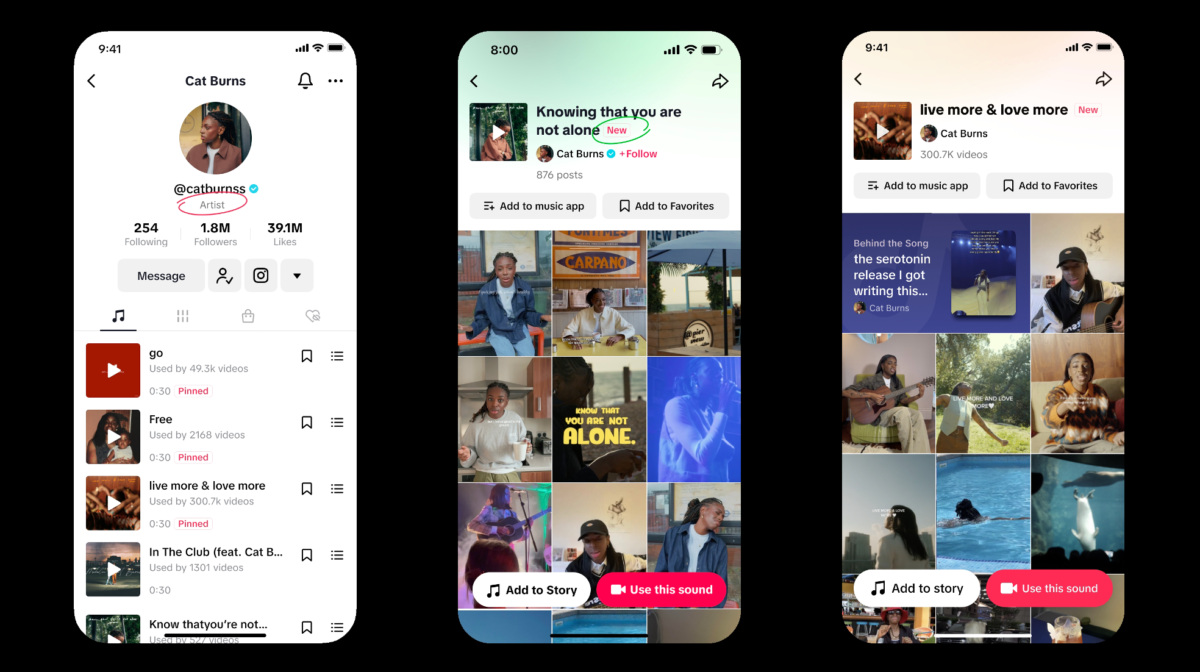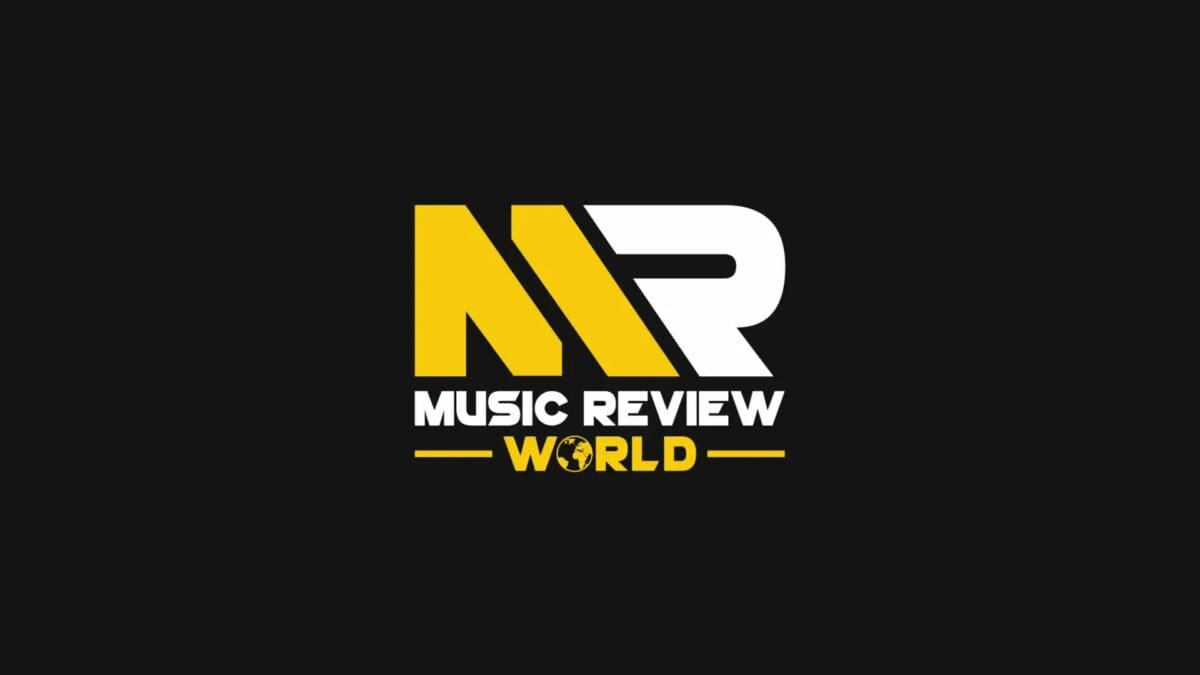Want to know how to plan a music tour? It’s no coincidence that most musicians list touring as their favourite part of the job. Touring allows you to show off the music you’ve been working hard on. On top of that, you get to connect with your fans – and maybe gain a few new ones! Maybe you’ve been gigging for a while and have built up a bit of a fanbase? Then now it’s time to go on tour!
Now, let’s look at how to plan a music tour and what it takes to make one happen.
What Are Music Tours?
A tour is when an artist or group of artists play a series of live shows across a planned route. This could be across multiple cities, and countries, or for bigger acts, across the globe. See our list of the best live music venues in the US and worldwide to get you started! Depending on the scale of the artist (or artists), music tours are either planned and managed by a road manager, or by a tour manager for larger tours.
Are you releasing new music?
Book a meeting with a Music Gateway A&R today.
Discuss release strategies, distribution, growing your fanbase, organic playlisting, press, radio and more.
Key Benefits Of How to plan a music tour
– Resilience: Playing live is a great way to learn and grow as a musician. It’s also a good test of your resilience, and whether you’re cut out for the road or not!
– Networking: Anything can happen on tour! You’ll meet lots of other artists, and hopefully a few influential people on the way
– Opportunity: Once you’ve oversaturated your local market, it’s time to go out and explore! You’ll probably find there’s lots of opportunity and even more new fans waiting to discover you.
It’s a lot of fun!: Remember why you’re doing this in the first place… Whether it’s the love of music, bonding with fellow bandmates and artists, or the place you’ll discover, you’ll have a great time on tour!
Organising A Music Tour
A lot of time and effort goes into organising a music tour. You’ll need to start planning months in advance, if not more, in order to have a successful tour. here are some tips on how to plan a music tour, how to start a music tour and prepare for the moment you hit the road.
Getting A Team Together – How to plan a music tour
Get a team together or go it alone? If you’re a solo artist, do you need to find band members? Who do you need in a team and what do they do? Who should you hire in first?
Depending on whether you have a large following and financial backing from a music label, or are DIY, the size of your team can vary quite a bit. Depending on the act and its size, a larger tour crew can consist of; a tour manager, a booking agent, sound technicians, videographers, production managers, and much more!
For most artists and bands out there, your team requirements won’t be nearly as much (or costly)! You’ll probably want to just start off with a tour manager or booking agent. Read on to learn what their role responsibilities are, and to find out the advantages of having them on your team!
Tour Managers
Your tour manager will organise everything to do with the logistics and finances of the tour. They take a large burden off your shoulders by liaising with the promoters and venues and any other parties to make sure everything runs smoothly.
They will take care of things such as hiring vans and drivers (if necessary), or even session musicians should you need them. Other duties that are just as important as the above include sending off your rider, hiring equipment and any crew needed to run the show.
Your tour manager can also help you keep track of your finances and take care of budgeting. Costs can add up very quickly on the road, so keeping track of this is crucial. Tour manager fees are usually calculated either per day or per tour. These usually range between £100 and £200 per day.
Booking Agents – How to plan a music tour
It is also worth considering having a booking agent. Your booking agent basically puts together a list of venues and organises and books which date you go to which venues. You could say that they’re the ones that book a tour, map out the journey and liaise with promoters and venues to get you each gig. A good booking agent will know how to squeeze every penny of value for you.
They’ll book you appropriate shows, leverage support slots for you with bigger acts and plan out what the most cost/time-efficient routes are for the whole music tour. On average, your booking agent will take approximately 15% on any booking made with the promoter.
As you can see, the costs of touring add up, and grow in proportion to the scale of you or your band’s popularity! But don’t let this scare you off!
There are plenty of benefits to touring, and we’ll take you through the essentials step-by-step so you’re ready to hit the ground running…
1. Plan the dates
Planning dates is not only a case of figuring out where the tour fits into your calendar. Research other bands which you share a fanbase with and try to make sure that your tour dates and locations do not overlap. Alternatively, try to approach them about securing a support slot!
We’ll further discuss the benefits of being the opening act later in the article.
2. Tour logistics
Although perhaps not the most exciting aspect of planning a music tour, figuring out the logistics should be one of the top priorities. Logistics are the support system of the tour.
You do not want to risk equipment and people not arriving on time or running over your tour budget. It happens to the best of them – Nicki Minaj experienced several problems during her recent European tour due to equipment getting stranded or arriving too late.
Transcontinental tours tend to require a lot of staff, so more forward-thinking is required. These tours are often split into what we call ‘legs’ for the sake of simplifying travel logistics, although unless you’re someone like Nicki Minaj or Drake then this shouldn’t be a concern of yours just yet!

Although not always possible, try to make sure that your tour locations are not too far apart. This will only add unnecessary pressure to make it to the location on time and take away from your focus on putting on a great show for the fans! If you are based in the UK, perhaps start with a tour of Britain first. You can always aim for a European tour once you gain more traction!
3. Accommodation – How to plan a music tour
Unless you don’t mind sleeping in a tiny van with your pals for a few weeks (or more!), finding suitable accommodation is crucial! Speak with other bands you’re touring with or local acts to arranging this.
It’s also a good idea to ask the venue or the music promoter, as they might have a flat for you to stay in. As an artist or band that’s just starting out, splashing out all your hard-earned cash on hotel rooms isn’t sustainable but it’s worth looking for a good deal.
If you’re slightly more established, getting hotel rooms will be much more comfortable. Crashing with others is also a great way to meet people! Whichever way you decide to go, just make sure to plan this far enough ahead of your music tour. Finally, check that there is going to be enough parking space. The last thing you want is to be carrying all your equipment miles from the venue, or getting a parking ticket!
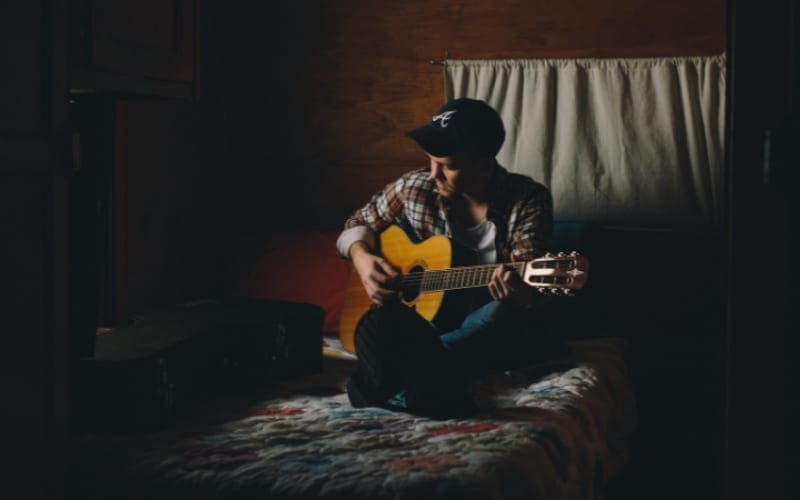
4. Food
In the whirlwind of all the technicalities, don’t forget about your own stomach! As most musicians on the road will know, food is a sensitive topic… Sam Cook-Parrott of the band Radiator Hospital puts it bluntly; “I think everyone in our band at some point skips a meal or two just because we couldn’t afford to be eating out every day”.
The costs of living on the road can add up, therefore food budgeting is incredibly important.
Maybe when you plan a music tour, the way you plan to feed everyone won’t be the first thing on the list. But it’s very important and you can’t forget about it! Don’t expect to live the life of luxury, but more importantly don’t starve yourself so that you can afford a drink or two each night! Make the most of the hospitality of venues.
If you have a tour manager, they’ll most likely pre-organise this with the venue or promoter. If you’re DIY, write up riders well in advance to your shows, as nothing is guaranteed! Be reasonable with your demands, but venues are generally more than happy to provide refreshments. This ensures your comfort, and will keep you in good spirits, so you can give the show your best!
5. Being the opening act – How to plan a music tour
Another benefit of having a booking agent is that they can help you get booked to perform as a support act for a more established artist. Although it might be intimidating to perform to a crowd who mostly bought tickets to see the main act, you can use it to your advantage.
Ideally, the artist’s style will be similar to your own – you are more likely to gain new fans in the audience that way!
6. Perfect your setlist
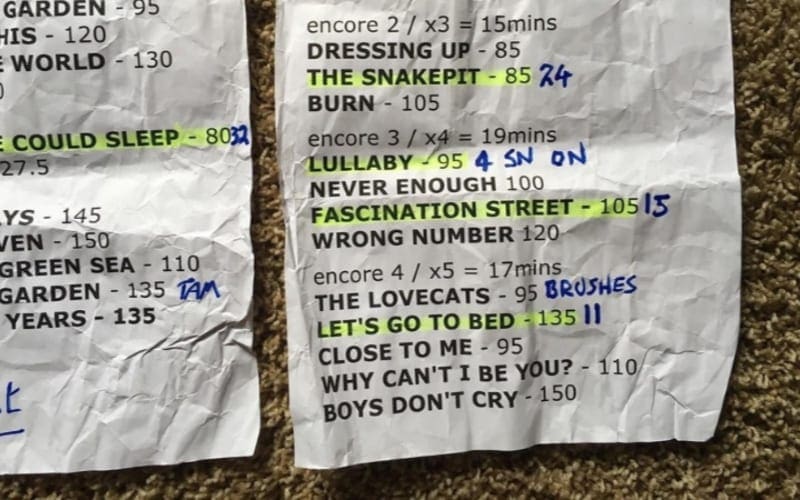
Building a setlist is arguably one of the more fun and creative aspects of how to plan a music tour. However, there is more science behind a perfect setlist than you might think! There are multiple factors to consider. This includes the key, tempo, or feel of the songs.
Pay attention to your crowd, and how they react to certain songs on your setlist. It’s also important to change things up regularly to keep the audience on their toes! Low on material? Throw in a cover that the audience is likely to know and sing along to! This is especially useful when playing for a crowd who might not be completely familiar with your repertoire.
How to make money on a tour
Aside from having a great time, making money on tour should be a key priority! How do I do this you may ask? There are many tried and tested methods, but we’ll cover the most common methods below…
Charging Venues Set Fees
Ideally, you will be able to have a set fee you will charge per show. This should be set with all the expenses in mind. As mentioned, that would be the ideal situation. You might find yourself in a situation where your earnings will be determined by ticket sales, i.e. £50 per 30 tickets sold.
This might work to your advantage if the venue fills up, which is more likely to happen if you have a good fanbase in said location. If you find yourself in such a situation, try to create as much buzz around the event as possible! Another tried and tested method of generating revenue on tour is selling merchandise…
Selling Tickets
It’s worth considering selling tickets in advance, as opposed to only selling them on the door. This creates a buzz and gives you a rough idea of how large of a crowd you’re going to get. To do this, liaise with promoters and ticket sales websites.
Additionally, it’s important to note that whether admission is free, or £15 a head, absolutely take advantage of online ticket sales! Regardless of if someone has paid for their reserved ticket, people will feel more psychologically compelled to go, due to the time they’ve invested in making the booking.
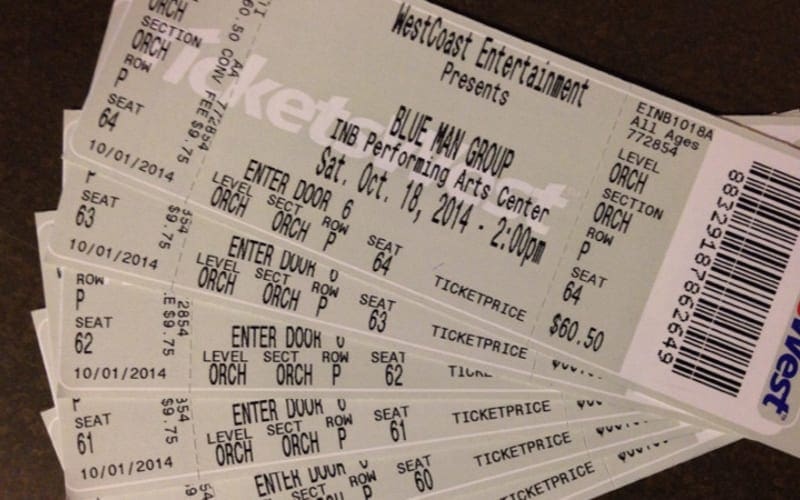
The responsibility of negotiating ticket prices could also be passed onto your booking agent. Remember, it’s in their interest to make the gig as profitable as possible so they can take their slice of commission.
whichever way, there’s no point in learning how to plan a music tour if you don’t think about how you’re going to be paid. So really make sure to plan ahead and know where your paycheck is coming from!
Band Merch
Make sure you have your merch ready! Merch is a massive part of how to plan a music tour, however, can be easily overlooked. Ideally, you would want to research band merch websites and try to sell some merch before the tour starts.
The audience should be able to buy merch at the venue before the start of the show as well as during and after each show. Fans love wearing merch during the shows! Don’t forget about your music merch either. Stock up on CDs, LPs, and anything new fans might want to purchase after the show.
Most importantly, make sure you’ve got enough to last you the whole tour. Merchandise is a good source of income. You don’t want to miss out on the opportunity to sell to a buzzing crowd before/after a gig!
What should you do during and after the tour?
Now that you’ve organised everything ready to go on tour, all you have to do is.. well, go on the tour! But there are a few things you still need to keep in mind. Touring provides you with the opportunity to record regular live music footage, which you can use to promote your music later! Just look at big names such as Taylor Swift, who published footage from her 1989 Tour on Apple Music.
Concert footage gives people a taste of what your shows are like. It might even convince them to book tickets for an upcoming show, or on your next tour! Make sure you get as much content as possible. You want to use this in your portfolio, EPK, on your website and of course to post regular updates on social media. This will keep your fanbase engaged and eager to know what’s happening next!
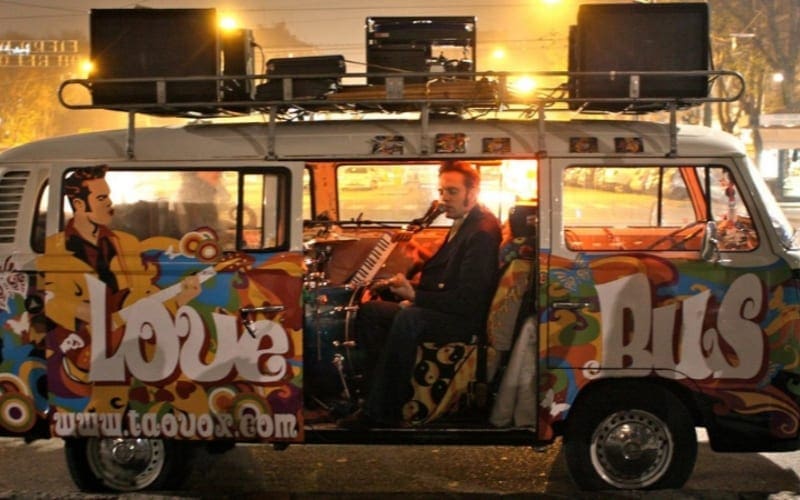
We hope this article has helped you learn how to plan a music tour!






